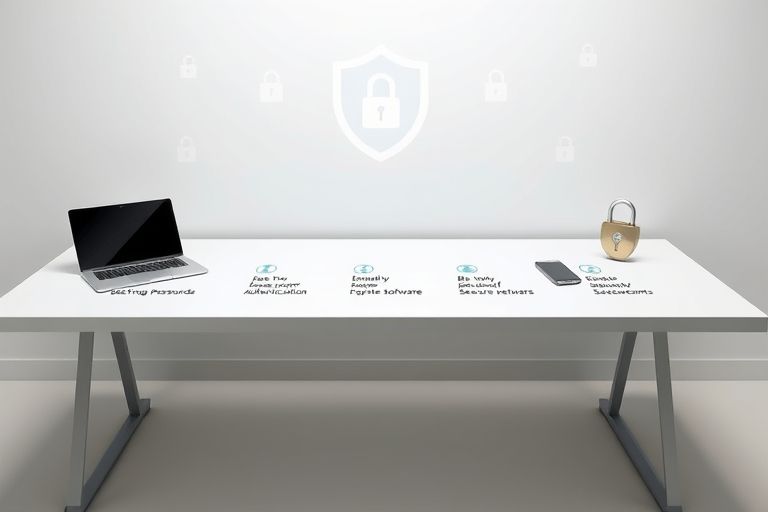
In today's digital age, protecting your personal information online has become more crucial than ever. With the increase in data breaches and identity theft incidents, it's essential to take proactive measures to safeguard your sensitive information. Here are five best practices to help keep your personal information safe online.
One of the most basic yet vital steps to protect your personal information online is to use strong passwords. Weak passwords are easy to guess or crack, making it easier for cybercriminals to access your accounts. Use a combination of upper and lowercase letters, numbers, and special characters to create a strong password. Avoid using personal information such as your name, birth date, or phone number as part of your passwords. Additionally, use unique passwords for each of your accounts and consider using a password manager to help store and manage your passwords.
Two-factor authentication (2FA) is an additional layer of security that requires you to provide two forms of identification to access your accounts. This could be a combination of something you know, such as a password, and something you have, such as a fingerprint or a security token. Enabling 2FA can significantly reduce the risk of unauthorized access to your accounts even if your password is compromised.
Be mindful of what you share online, including your personal information. Avoid sharing sensitive information such as your social security number, home address, and financial information on social media platforms or public forums. Be cautious of unsolicited emails or messages that request your personal information and only provide your information on secure websites that use encryption to protect your data.
Keeping your software up to date is essential to protect your personal information from security vulnerabilities. Software updates often include security patches that address known vulnerabilities, making it harder for cybercriminals to exploit them. Ensure that you regularly update your operating system, web browsers, and other software on your devices to the latest versions.
Antivirus and anti-malware software can help detect and remove malicious software that can compromise your personal information. Ensure that you have reputable antivirus and anti-malware software installed on your devices and regularly update them to the latest versions. Additionally, avoid clicking on suspicious links or downloading files from unknown sources to reduce the risk of malware infections.
Protecting your personal information online is crucial to safeguarding your identity and financial well-being. By following these best practices, you can significantly reduce the risk of cyber attacks and data breaches. Remember to stay vigilant and stay informed about the latest threats to stay one step ahead of cybercriminals.